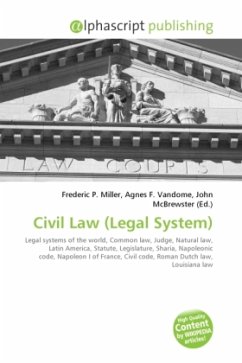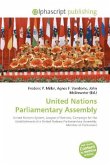The Civil Code of Argentina is the legal code which forms the foundation of the system of civil law in Argentina. It was written by Dalmacio Vélez Sársfield, as the culmination of a series of attempts to codify civil law in Argentina. The original code was approved on September 25, 1869, by the passage of Law 340, and became active on January 1, 1871. With numerous subsequent modifications, it still continues to be the foundation of Argentine civil law (Derecho civil argentino). Vélez Sársfield's code reflects the influence of the continental law and liberal principles of the 17th century. It was also influenced by the great Napoleonic code, the Spanish laws in effect at that time in Argentina, Roman law (especially through the work of Savigny), canon law, the draft of the Brazilian civil code (Esboço de um Código Civil para Brasil) by Freitas, and the influence of the Chilean civil code (by Andrés Bello). Approval of the Argentine civil code was necessary for judicial reasons and political reasons.
Bitte wählen Sie Ihr Anliegen aus.
Rechnungen
Retourenschein anfordern
Bestellstatus
Storno








